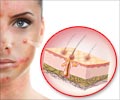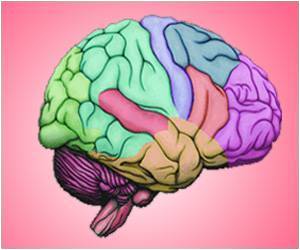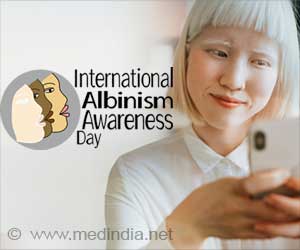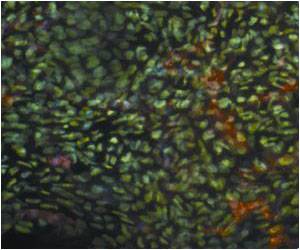Medindia adheres to strict ethical publishing standards in publishing to deliver content that is accurate, relevant, and current. We ensure the integrity of our materials by sourcing from authoritative sources including peer-reviewed journals, academic institutions, research organizations, medical associations and, in some cases, non-profit organizations. We welcome and value audience feedback as a part of our commitment to health literacy and informed decision-making.
- 1. What Is Albinism?
- (https://kids.frontiersin.org/articles/10.3389/frym.2021.570230)
- 2. Oculocutaneous albinism
- (https://medlineplus.gov/genetics/condition/oculocutaneous-albinism/)
- 3. Ophthalmological Manifestations of Oculocutaneous and Ocular Albinism: Current Perspectives
- (https://www.ncbi.nlm.nih.gov/pmc/articles/PMC9148211/)
- 4. Albinism - (https://www.nhs.uk/conditions/albinism/)
- 5. About Albinism - (https://my.clevelandclinic.org/health/diseases/21747-albinism)
- 6. Preventing skin cancers due to albinism
- (https://www.fondationpierrefabre.org/en/our-programmes/tropical-dermatology/prevention-cancers-albinism/)
- 7. Diagnosis - (https://www.mayoclinic.org/diseases-conditions/albinism/diagnosis-treatment/drc-20369189)
- 8. What is Albinism? - (https://www.msdmanuals.com/en-in/home/skin-disorders/pigment-disorders/albinism)
- 9. Information About Albinism - (https://en.wikipedia.org/wiki/Albinism)






























